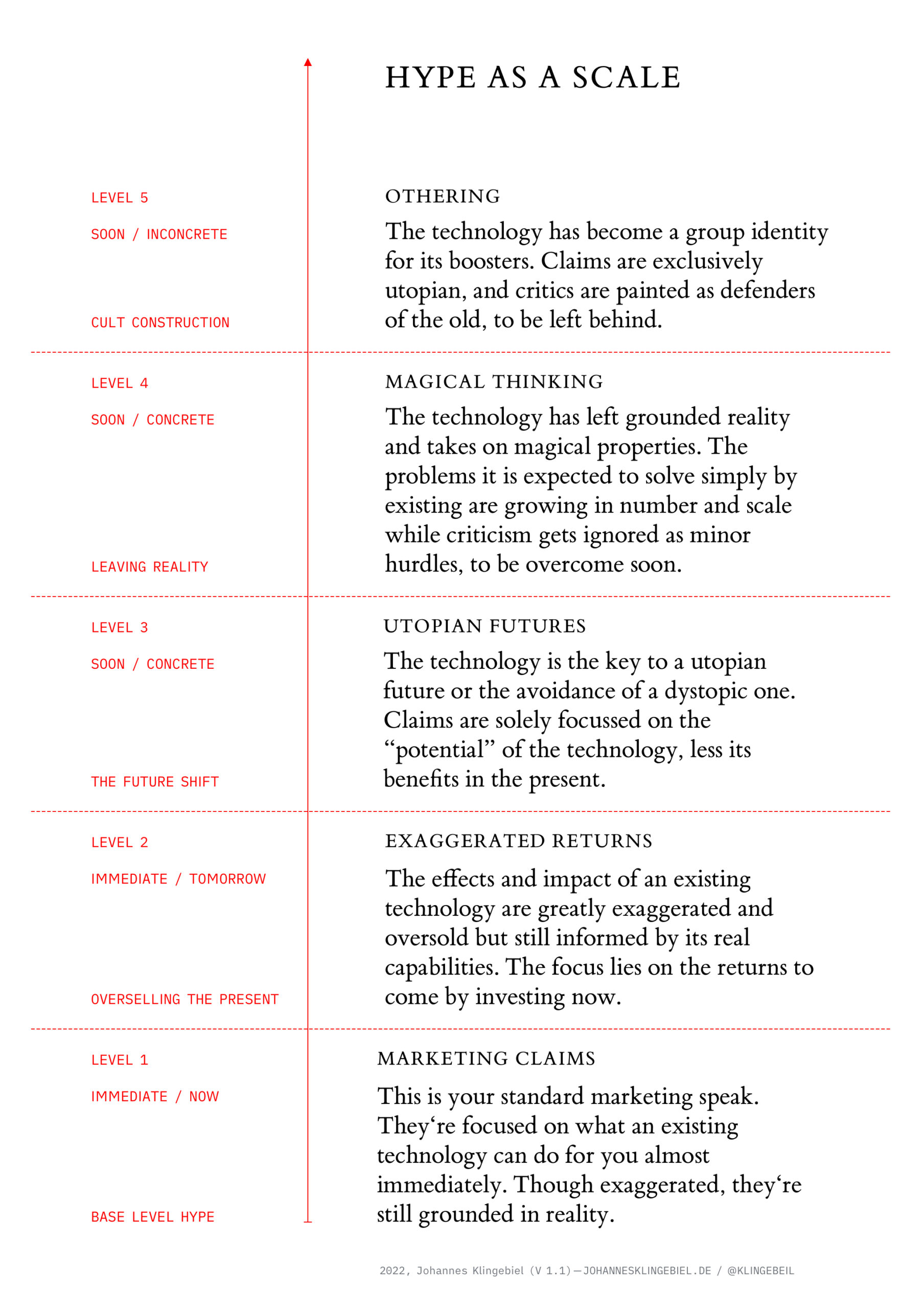Monday 14 February, 2022

We went to a friend’s for dinner on Friday evening and discovered their cat sitting mesmerised by the flames in their woodburner, like a small child watching the flickering images on a TV. Wonderful moment.
Quote of the Day
”It was almost impossible to persuade Number 10, in particular, to treat the devolved governments as though they were grown-up governments with their own democratic legitimacy.”
- Philip Rycroft, Permanent Secretary at the Department for Exiting the European Union. (From the UKICE Brexit Witness Archive.)
Surprise, surprise. I’ve always thought that the UK is the most pathologically centralised country in Europe, perhaps even more than France.
Musical alternative to the morning’s radio news
Paul Simon – Under African Skies (from The Concert in Hyde Park)
Long Read of the Day
Data Is Not The New Oil
Nice essay by Dave Birch (Whom God Preserve) demolishing a popular but misleading metaphor and suggesting a better one: data is the new plutonium. He explores the implications of taking that view — which provides an interesting perspective and explains why this is worth your time.
Computers can write their own code. So are programmers now obsolete?
Yesterday’s Observer column:
I studied engineering at university and, like most of my contemporaries, found that I sometimes needed to write computer programs to do certain kinds of calculations. These pieces of utilitarian software were written in languages now regarded as the programming equivalent of Latin – Fortran, Algol and Pascal – and what I learned from the experience was that I was not a born hacker. The software I wrote was clumsy and inefficient and more talented programmers would look at it and roll their eyes, much as Rory McIlroy might do if required to play a round with an 18-handicap golfer. But it did the job and in that sense was, in the laconic phrase sometimes used by the great computer scientist Roger Needham, “good enough for government work”. And what I took away from the experience was a lifelong respect for programmers who can write elegant, efficient code. Anyone who thinks programming is easy has never done it.
All of which goes to explain why I sat up when, last year, someone realised that Codex, an offspring of GPT-3, a large neural network trained on vast troves of text gathered from the web that could generate plausible English text, could write apps, ie, short computer programs…
Johnson, Starmer and ‘swiftboating’
My favourite podcast, Talking Politics is winding down, which is a pity but understandable when one knows the toll that six years of producing original thinking every week about British and international politics has taken on David Runciman, Helen Thompson and the show’s producer Catherine Carr. In that time they provided a vivid illustration of how podcasting is a medium capable of providing a ‘second draft of history’ with a wider intellectual bandwidth than traditional broadcast media can provide.
On last week’s episode, which was about ‘The meaning of Boris Johnson’, Chris Brooke made an interesting observation about Johnson’s weird attempt to smear the Labour leader, Keir Starmer, with a vicious and false accusation that he had failed to prosecute Jimmy Savile, the notorious long-term paedophile. (It was true that the Crown Prosecution Service failed to prosecute Savile, but Starmer had not been the head of the service at the time when that non-decision was made.)
Most people interpreted Johnson’s smear as evidence of his desperation. But Chris saw an interesting parallel from ages ago in the so-called “swiftboating” of John Kerry, the Democratic candidate for the US presidency in 2004.
The object of the exercise was to undermine Kerry’s record as a much-decorated war hero for his service in the Vietnam war, and it clearly played a role in Kerry’s failure to win the election. The motivation behind the ‘Swiftboat’ campaign seems to have been Republican fears that George W. Bush’s dodgy military ‘experience’ (which consisted of a relaxed period in the Texas National Guard) didn’t exactly look impressive when compared with Kerry’s distinguished military record. So one can interpret it as a successful attempt to ‘cancel’ a perceived asset of his campaign for the presidency.
Turning back to Johnson’s smear… Starmer is not the most exciting of political leaders, but compared with Johnson he has an unquestionably distinguished record of public service. He is also manifestly a more serious and adult figure than the chaotic clown currently occupying 10 Downing Street. Associating him (wrongly) with the Savile scandal serves the purpose of mitigating these natural advantages over Johnson, in the sure knowledge that such smears ‘stick’ in a polaraised political environment.
They sure do. Evidence of that was provided on February 7 when, as the Guardian reported,
On Monday, Starmer and the shadow foreign secretary, David Lammy, had to be bundled into a police car after anti-vax protesters surrounded him near parliament with shouts of “traitor” and “Jimmy Savile”. One witness said a protester carried a hangman’s noose prop, which another protester had joked was for Starmer.
And yesterday, the Guardian reported:
The Metropolitan Police is investigating death threats against Keir Starmer made in the wake of Boris Johnson’s accusation that he “failed to prosecute” Jimmy Savile.
A cache of evidence documenting the threats was sent to Scotland Yard on Friday afternoon, including a number of apparently identifiable users on the messaging app Telegram who called for the Labour party leader to be hanged or “executed”.
The Centre for Countering Digital Hate (CCDH), which seeks to disrupt online hate, sent the material to the Met after unearthing threats to life against a named individual.
The uses and abuses of hype
The five Levels of Hype

This illustration is the centrepiece of an illuminating article by Johannes Klingebiel. One cannot study the contemporary tech industry without understanding the role that hype plays in it. I’ve often found the Gartner Hype Cycle useful in framing discussions about a particular technology, but its limitation is that it’s too granular sometimes. Klingebiel’s approach provides more of a helicopter view.
And hype, just like investment bubbles, has its uses, as Klingebiel observes:
Hype is an interesting thing. It‘s rightfully often spurred as misleading bullshit or ignorant boosterism but it also has its uses. In short: when it comes to creating a new technology you need to sell a vision to attract the resources you need (people, investment, etc.). Hype can also act as glue. At its best, it can create a shared vision pulling the actors in the same direction and thus creating a self-fulfilling prophecy.
h/t to Andrew Curry (Whom God Preserve) for alerting me to it.
My commonplace booklet
Anand Menon’s Gresham College lecture on what we’ve learned so far from Brexit. As someone who thought he knew a lot about this, I found it really illuminating and an hour well spent. Link
